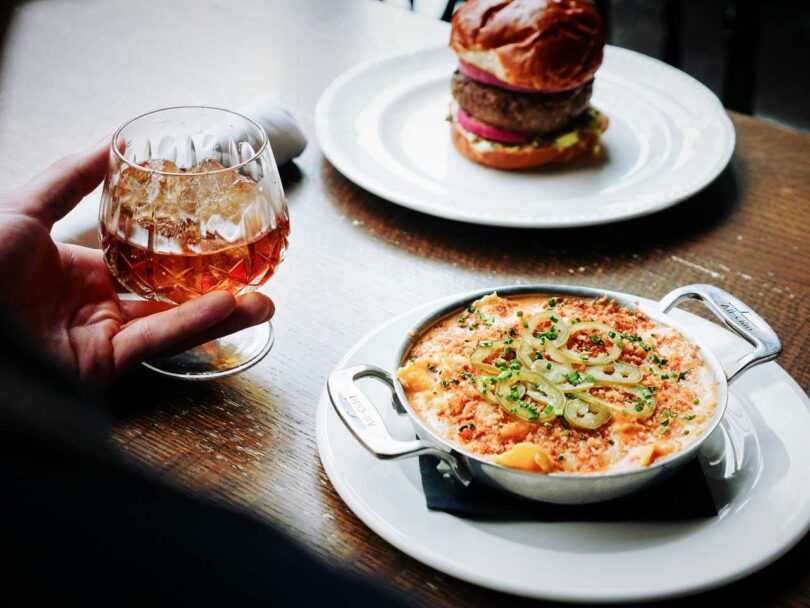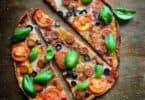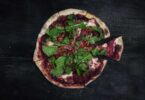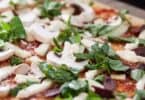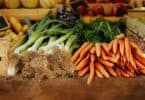In this informative article, readers will discover a treasure trove of essential cooking tips to elevate their culinary skills. From recipe preparation to easy cooking techniques, food storage and freezing, and even homemade spice mixes, this article covers it all.
With an emphasis on the importance of preparation in cooking, readers will learn time-saving tips and tricks to make their cooking experience more efficient and enjoyable.
So, whether you’re a seasoned chef or just starting out, these cooking tips are sure to inspire and delight. Get ready to unleash your inner chef and create delicious meals with confidence.
Key Takeaways
- Preparing and organizing ingredients in advance can save time and reduce mistakes.
- Utilizing proper storage techniques, such as airtight containers and labeling, can help maintain freshness and easily identify ingredients and leftovers.
- Customizing spice blends allows for personalized flavor profiles and control over ingredient quality.
- Analyzing data can enhance recipe accuracy, improve flavor pairings, and cater to individual preferences and dietary needs.
Time-saving Tips for Recipe Prep
She’s found that reading the entire recipe before starting helps her avoid mistakes and saves her time in the kitchen.
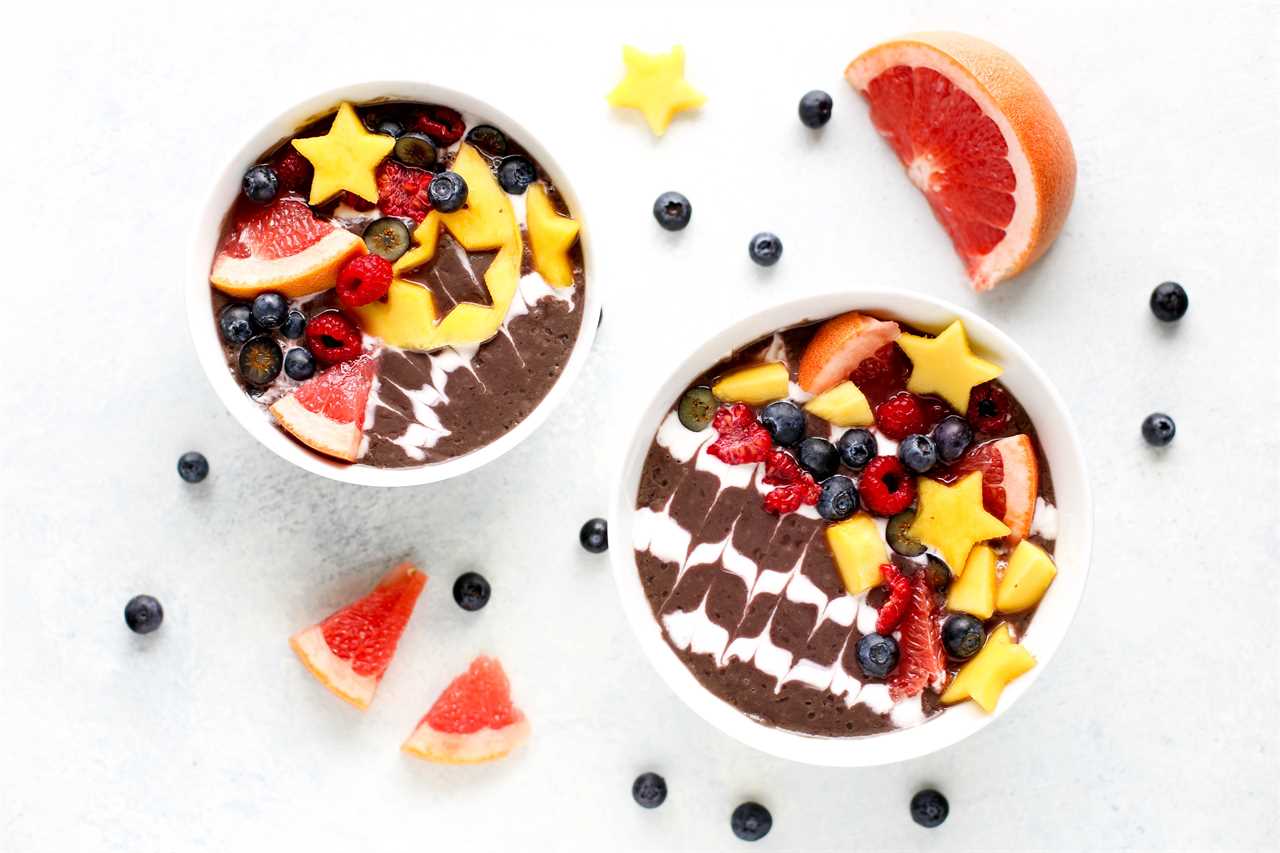
When it comes to time-saving tips for recipe prep, there are a few strategies she swears by.
First, she recommends meal planning to streamline the cooking process. By planning out her meals ahead of time, she can make a shopping list and ensure she has all the necessary ingredients on hand. This eliminates the need for last-minute grocery store runs and saves precious time.
Another time-saving tip is to do some prep work in advance. Chopping vegetables, marinating meat, or pre-measuring ingredients can be done ahead of time, making the actual cooking process much quicker and more efficient.
These meal planning strategies and time-saving tips are essential for anyone looking to maximize their freedom in the kitchen.
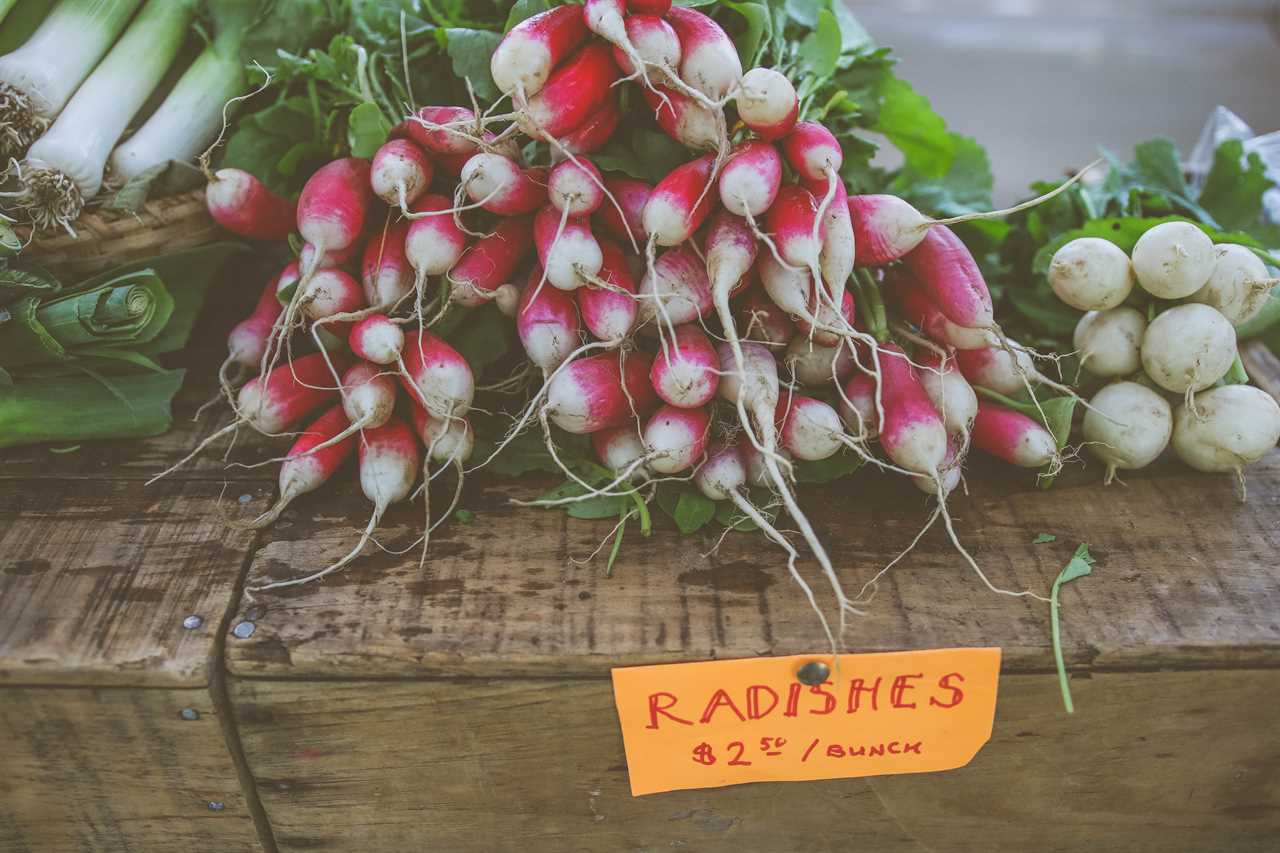
Mastering Essential Cooking Techniques
To become a skilled cook, it is important to master essential cooking techniques. These include reading recipes thoroughly and keeping knives sharp for safe and efficient cutting. By implementing time-saving techniques and organizing kitchen space, cooking can become a more enjoyable and freeing experience.
Here are some tips to help you save time and stay organized in the kitchen:
-
Utilize meal prep: Prepare ingredients in advance, such as chopping vegetables or marinating meat, to save time during the cooking process.
-
Create a well-organized pantry: Keep frequently used ingredients within easy reach and label containers for quick identification.
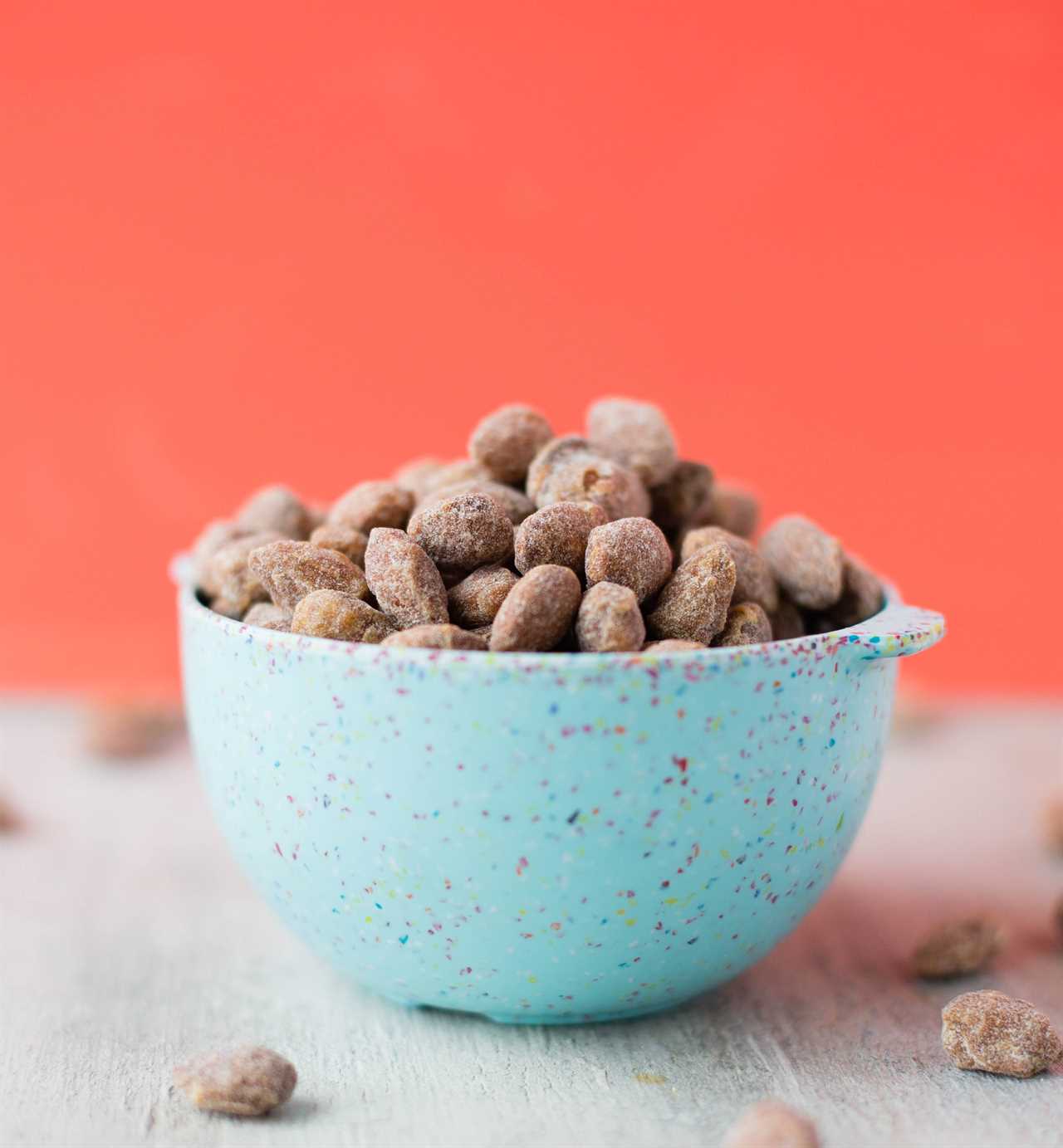
-
Use multitasking techniques: Cook multiple components of a meal simultaneously to maximize efficiency.
-
Implement proper storage solutions: Utilize clear containers and labels to easily identify ingredients and leftovers.
Smart Food Storage and Freezing Hacks
Smart food storage and freezing hacks include:
- Knowing which vegetables freeze well
- Utilizing airtight containers to prevent freezer burn
When it comes to preserving fresh herbs, there are a few smart kitchen gadgets that can make the process easier and more efficient. One such gadget is a herb keeper, which keeps herbs fresh for longer by providing a controlled environment with proper humidity levels.
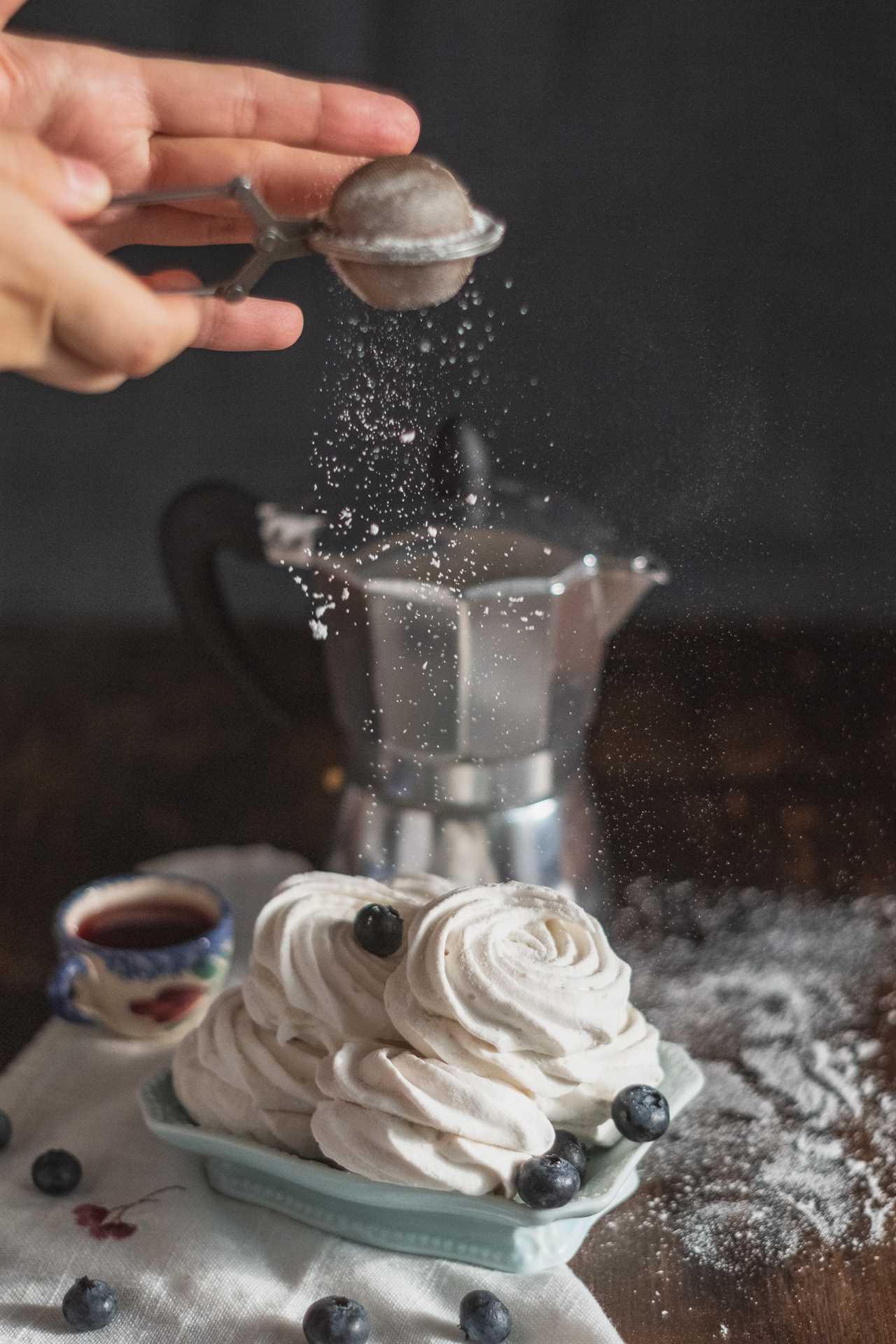
Another handy tool is a herb stripper, which quickly and easily removes leaves from the stems, making it easier to store them in containers or freeze them for later use. Additionally, vacuum sealers are a great investment for preserving herbs, as they remove excess air and help maintain the freshness and flavor.
DIY Spice Mixes for Flavorful Dishes
Creating your own spice mixes at home allows you to add unique and flavorful accents to your dishes. By experimenting with DIY spice blends, you can unlock a world of creative flavor combinations that cater to your personal taste preferences. Here are three reasons why making your own spice mixes is a liberating and exciting endeavor:
-
Freedom to Customize: DIY spice blends give you the freedom to customize your flavors according to your liking. You can adjust the ratios of spices, add or omit ingredients, and create blends that perfectly complement your dishes.
-
Endless Creativity: With DIY spice mixes, you have the freedom to get creative and explore new flavor combinations. You can mix and match spices from different cuisines to create unique blends that elevate your dishes to a whole new level.
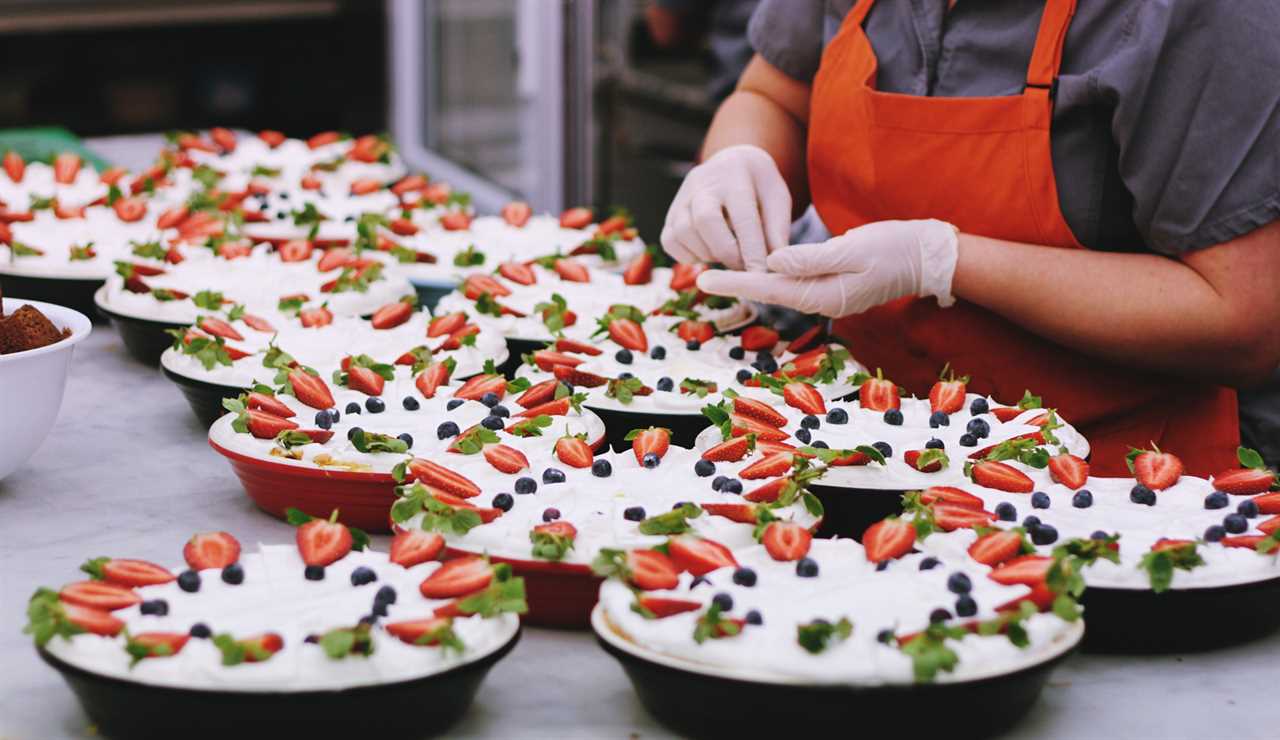
-
Quality Control: Making your own spice mixes ensures that you have full control over the quality of ingredients used. You can choose to use organic spices, avoid additives or preservatives, and create blends that are tailored to your dietary preferences.
The Art of Preparation in Cooking
Practicing proper preparation techniques is crucial in cooking to ensure a smooth and efficient cooking process.
One such technique that holds immense importance is the concept of mise en place. Mise en place, a French term meaning ‘everything in its place,’ involves gathering and prepping all ingredients before starting to cook. This practice not only saves time but also ensures that all critical ingredients are prepped and ready to go, reducing the chances of any last-minute panics or mistakes.
In addition to mise en place, another beneficial practice is meal planning. Planning meals in advance allows for better organization, saves time and money, and promotes healthier eating habits. By knowing what ingredients are needed and having them readily available, home cooks can effortlessly create delicious and nutritious meals, making the cooking process more enjoyable and stress-free.
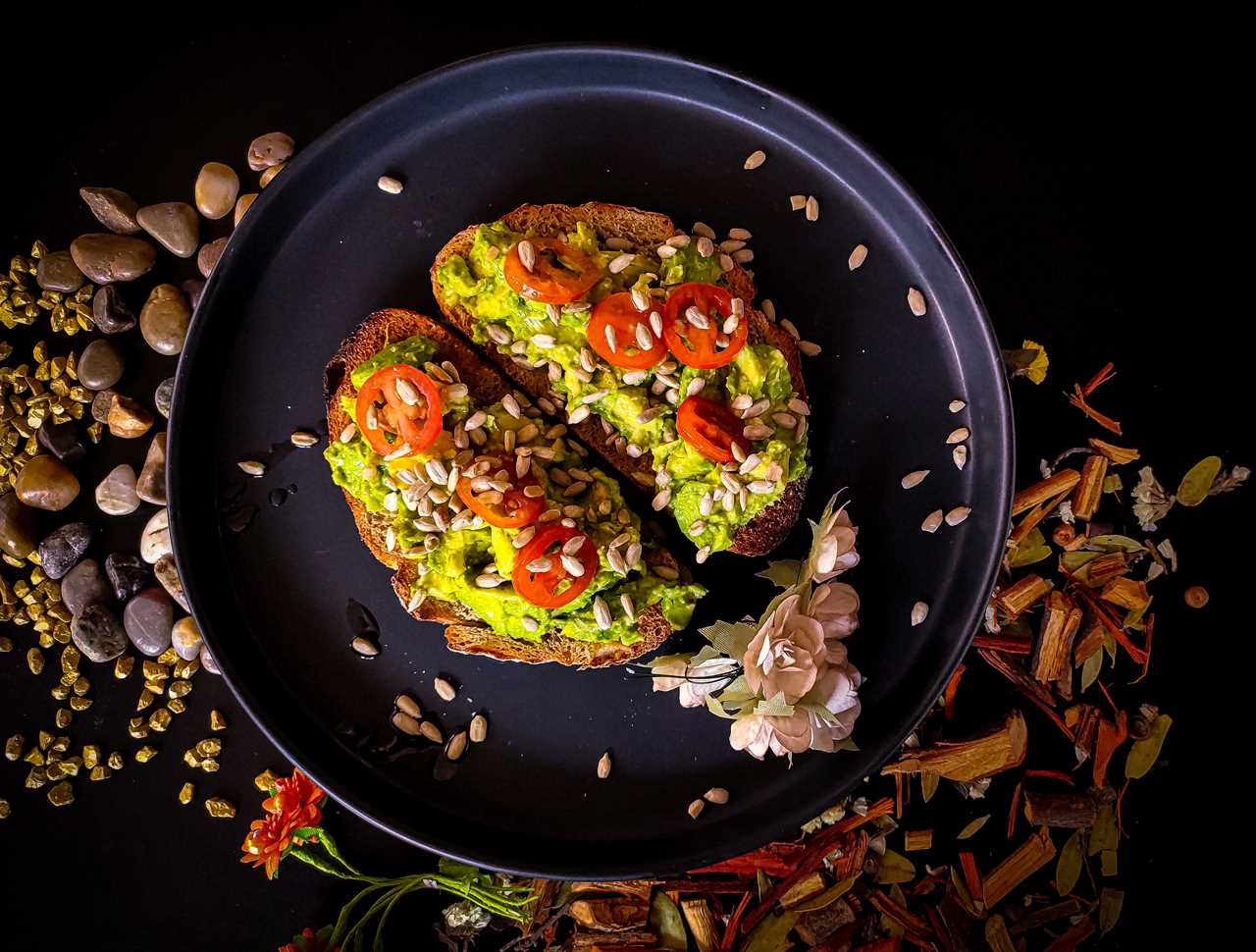
Utilizing Statistics and Data Collection
In the world of cooking, where precision and creativity go hand in hand, statistics and data collection have found their place. The use of statistics in recipe development and data-driven cooking techniques has revolutionized the way we approach food. By harnessing the power of data, chefs and home cooks alike are able to create dishes that are not only delicious but also scientifically sound.
Here are three ways in which statistics and data collection have enhanced the culinary experience:
-
Improving Recipe Accuracy: By analyzing large sets of data, chefs can identify patterns and trends in ingredient combinations, cooking times, and flavor profiles. This allows them to fine-tune their recipes for optimal results.
-
Enhancing Flavor Pairings: Data-driven techniques have helped uncover unexpected flavor combinations that work harmoniously together. These findings have opened up a world of possibilities for creating unique and innovative dishes.
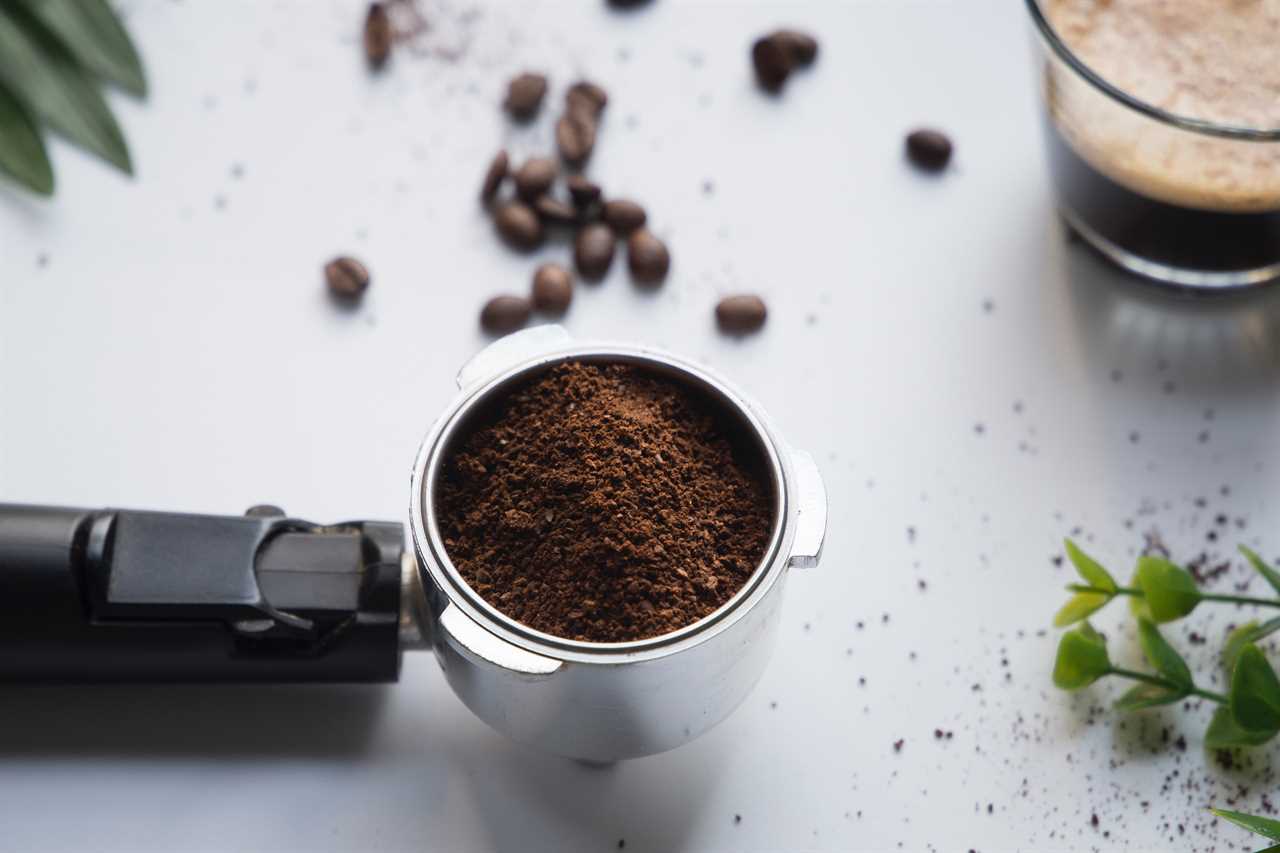
-
Personalized Cooking: With the help of data, chefs can tailor recipes to individual preferences and dietary needs. By analyzing data on ingredient preferences, cooking techniques, and nutritional requirements, they can create customized recipes that cater to specific tastes and dietary restrictions.
Effective Marketing and User Data Management
Effective marketing and user data management revolutionize the way businesses connect with consumers and tailor their advertising strategies. By leveraging user data, businesses can gain valuable insights into consumer preferences and behavior. This allows them to create targeted marketing strategies that resonate with their target audience.
However, as businesses collect and utilize user data, user privacy concerns arise. It is essential for businesses to prioritize user privacy and provide transparency and control over data sharing and access. Empowering users to manage their data preferences, customize privacy settings, and choose vendors helps alleviate privacy concerns and fosters a sense of freedom and trust.
Cooking Tips for Beginners and Beyond
Using sharp knives is key to safe and efficient cutting in the kitchen. It not only helps to prevent accidents but also saves time during meal preparation.
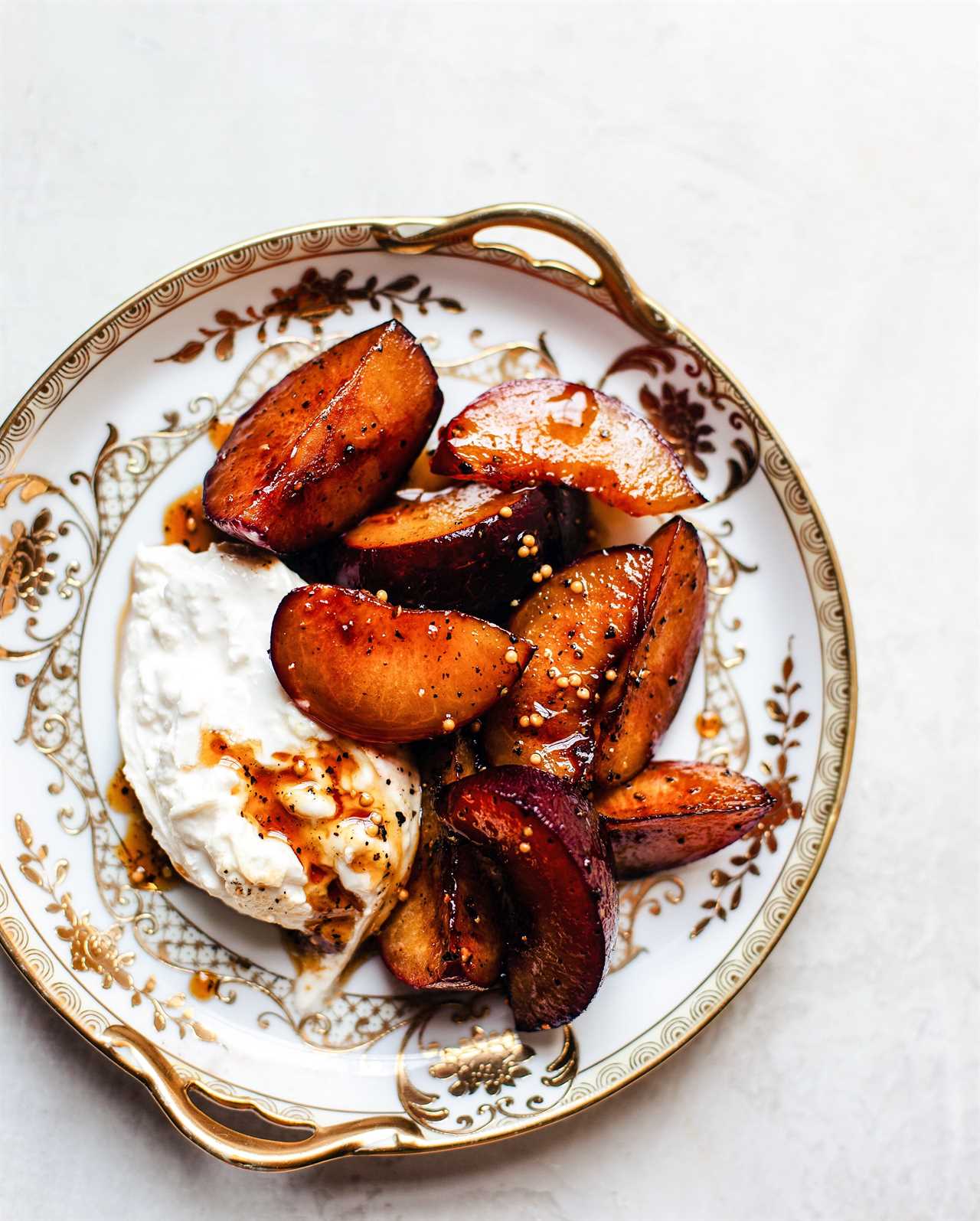
Here are three essential kitchen tools and tips for time-saving meal planning:
-
A sharp chef’s knife: This versatile tool is perfect for chopping, dicing, and slicing ingredients quickly and precisely.
-
An instant-read thermometer: Ensuring your meat is cooked to the right temperature not only guarantees safety but also avoids overcooking, saving you time and preserving flavor.
-
A food processor: This handy appliance can help you quickly chop vegetables, blend sauces, and even make homemade nut butter, saving you precious minutes in the kitchen.
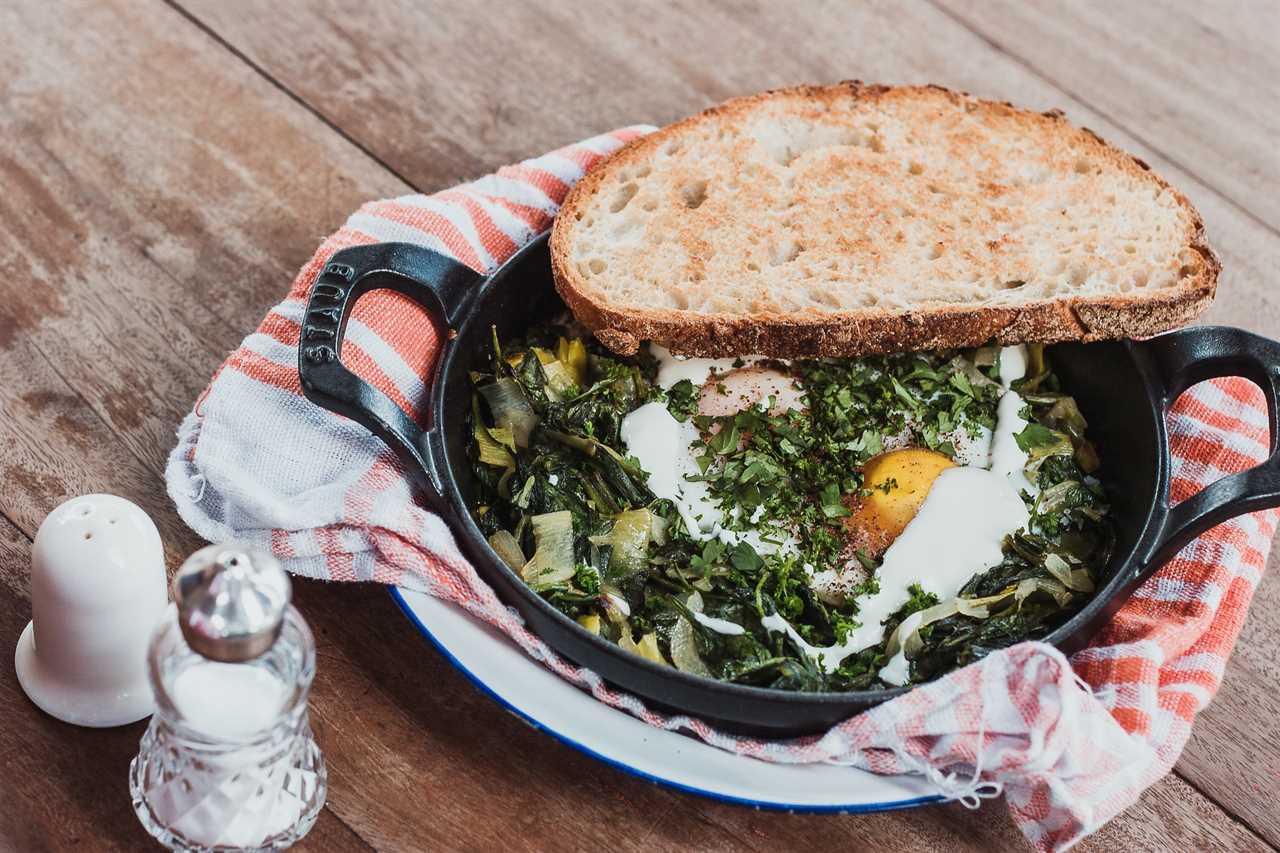
Secrets to Perfectly Seasoned Meals
To achieve perfectly seasoned dishes, cooks can experiment with a variety of herbs, spices, and seasonings to enhance the flavors of their dishes. It is important to understand the balance of flavors and how different ingredients can complement each other.
For beginners, there are some beginner-friendly cooking techniques that can help achieve perfectly seasoned meals. One technique is to start with small amounts of seasoning and gradually add more to taste. This allows for better control over the final result.
Another technique is to use a combination of fresh and dried herbs and spices to layer flavors. Fresh herbs can add brightness and complexity, while dried spices provide depth and richness.
Pro Tips for Organizing Your Kitchen Space
One helpful way to organize the kitchen space is by utilizing storage containers and labels to keep ingredients and utensils easily accessible and identifiable. This not only helps to declutter the kitchen, but also maximizes counter space for efficient meal preparation.
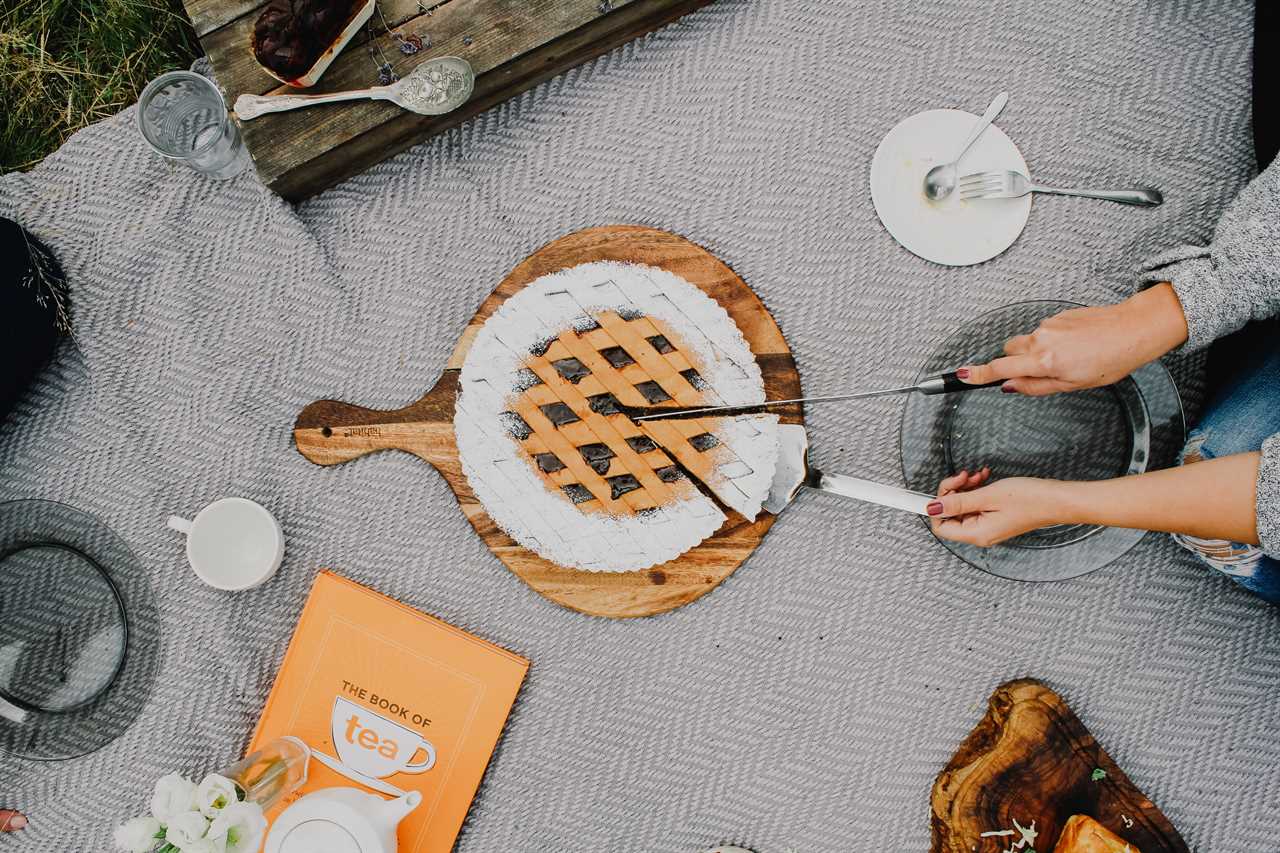
-
Organizing kitchen utensils: By using drawer dividers or utensil holders, you can keep your utensils neatly separated and easily accessible. This saves time and frustration when you’re trying to find the right tool for the job.
-
Maximizing counter space: Use wall-mounted racks or hooks to hang pots, pans, and other frequently used items. This frees up valuable counter space for food preparation and makes it easier to find what you need.
-
Labeling storage containers: Whether you’re storing leftovers or dry ingredients, labeling your storage containers ensures that you can quickly find what you’re looking for. This prevents food waste and saves time when you’re in a hurry to prepare a meal.
Frequently Asked Questions
What Are Some Tips for Cooking on a Budget?
Cooking on a budget can be challenging, but there are smart strategies to help.
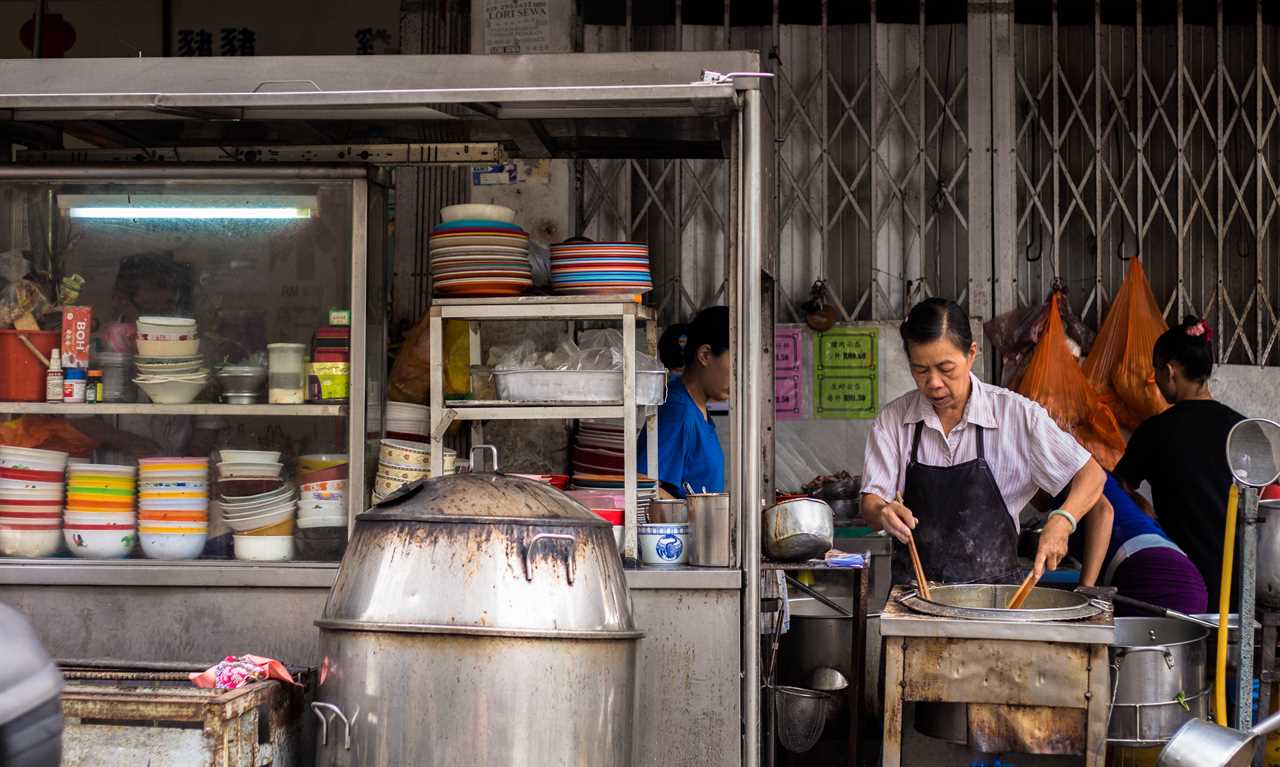
Budget-friendly meal ideas include using affordable ingredients like beans, rice, and seasonal produce.
Planning meals in advance and making a grocery list can prevent impulse purchases.
Additionally, buying in bulk and using coupons can save money.
It’s also helpful to repurpose leftovers and minimize food waste.
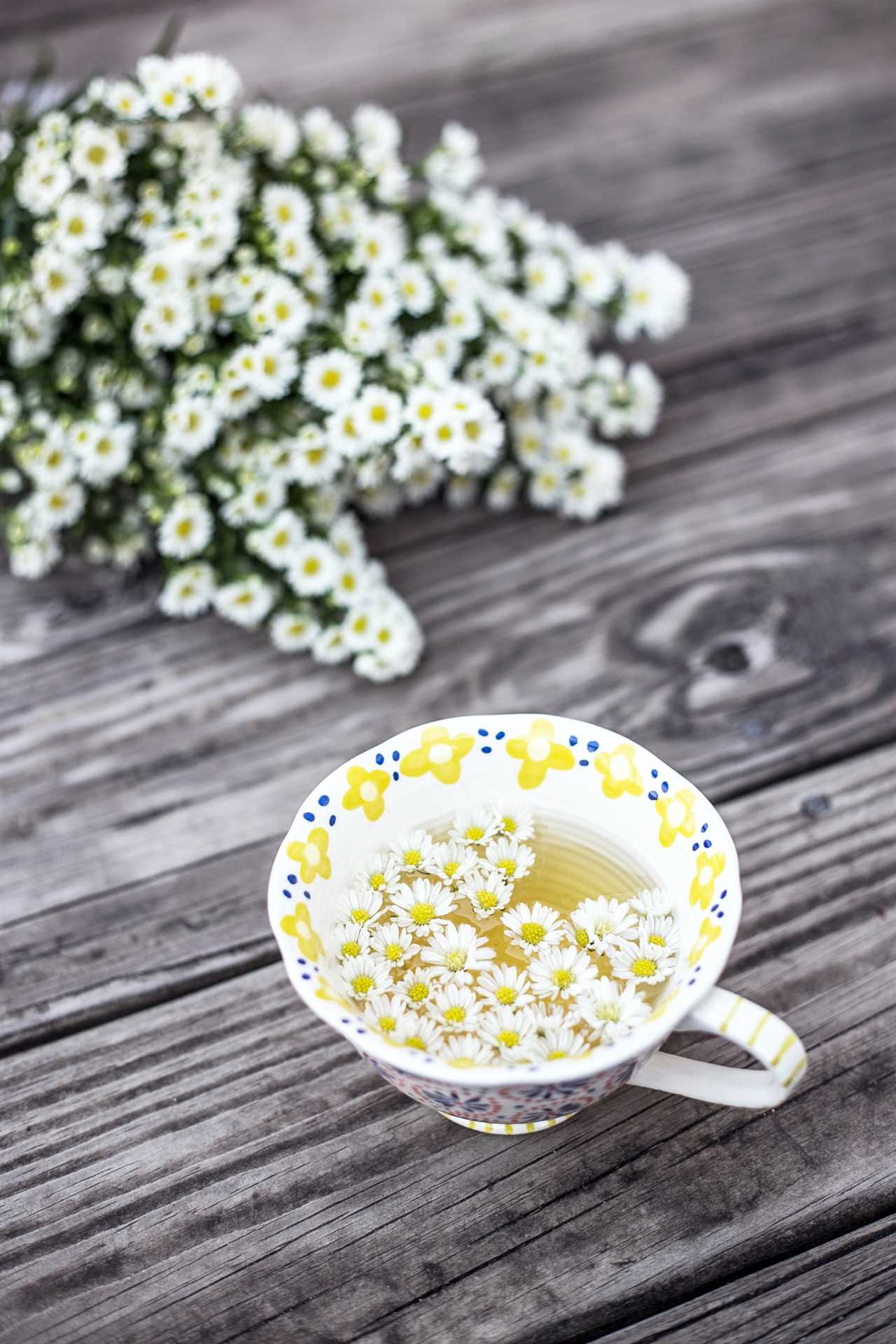
With these tips, cooking delicious and affordable meals is within reach.
How Do I Properly Store Fresh Herbs to Make Them Last Longer?
Properly storing fresh herbs is essential for extending their shelf life and maximizing their flavor. To make them last longer, one can try a few techniques.
For example, placing fresh herbs in a jar with water, like a bouquet, and covering them loosely with a plastic bag can help keep them fresh in the refrigerator.
Another creative use for herbs is to make herb-infused oils or vinegars, which can add a burst of flavor to dishes.
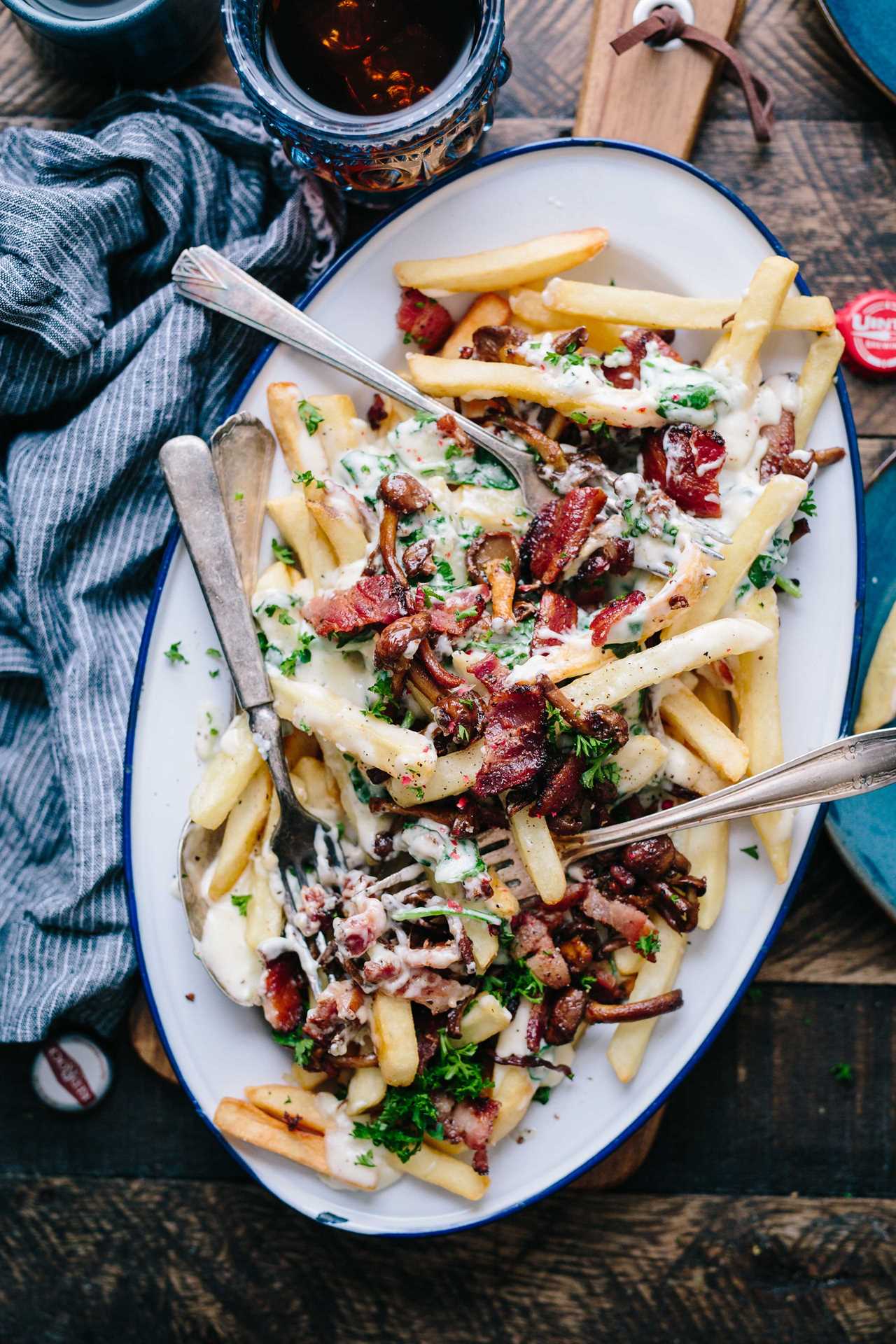
What Are Some Ways to Reduce Food Waste in the Kitchen?
Reducing food waste in the kitchen is a challenge that requires creativity and resourcefulness. By thinking outside the box, one can transform leftovers into delicious and unique recipes.
Additionally, composting provides a sustainable solution for food scraps and organic waste. By turning these scraps into nutrient-rich soil, one can contribute to a greener environment.
Embracing these practices not only reduces waste but also allows for a more fulfilling and sustainable culinary experience.
Can You Provide Some Suggestions for Substituting Ingredients in Recipes?
When it comes to ingredient substitutions and creative recipe modifications, there are several options available. One can experiment with different flavors and textures by substituting ingredients such as dairy or gluten-free alternatives, swapping sweeteners, or using herbs and spices for added depth.
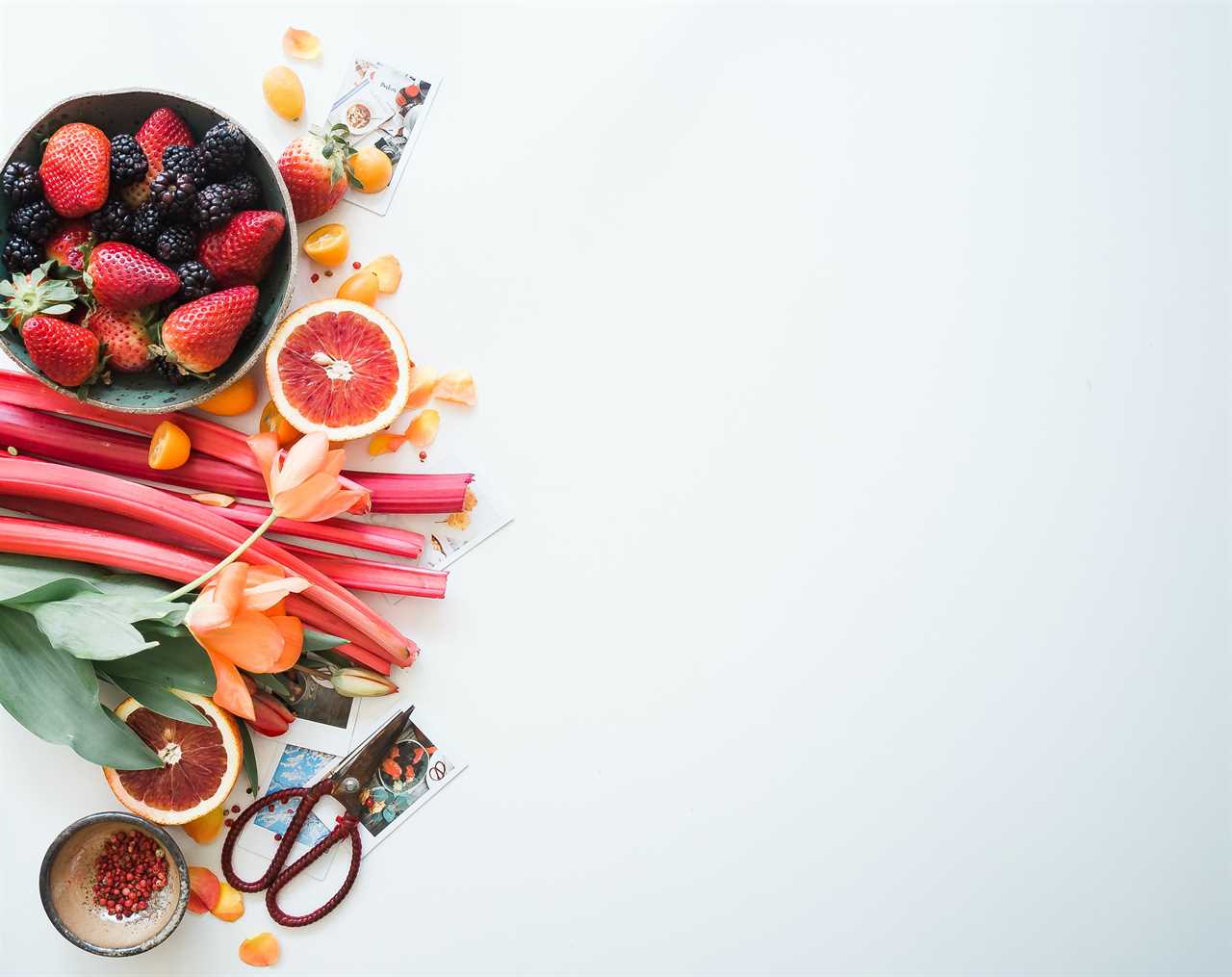
It’s important to keep in mind the desired outcome of the dish and consider the flavors and cooking properties of the substituted ingredients. With a little creativity and knowledge of flavor profiles, one can create delicious and unique dishes tailored to their preferences.
What Are Some Common Mistakes to Avoid When Cooking?
Common mistakes to avoid when cooking include overseasoning and not preheating the pan. Overseasoning can result in dishes that are too salty or lack flavor. Not preheating the pan can lead to uneven cooking. Another mistake to avoid is overcrowding the pan. When the pan is overcrowded, it prevents proper browning. Lastly, not tasting as you go is a common error. By not tasting as you cook, you may miss the opportunity to adjust the seasoning or make necessary adjustments. By being mindful of these pitfalls, home cooks can improve their culinary skills and create delicious meals. Remember, cooking is a journey of experimentation and learning, so don’t be afraid to make mistakes and adjust along the way.

